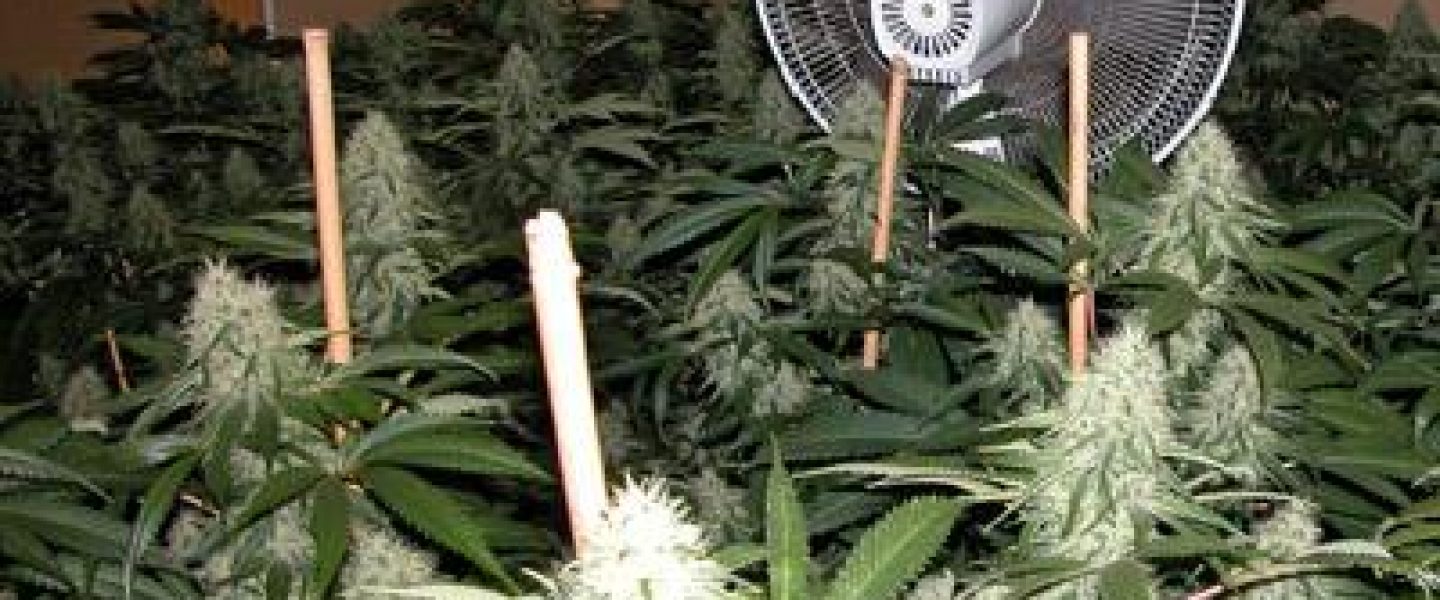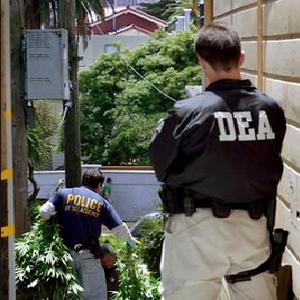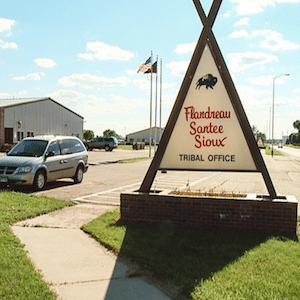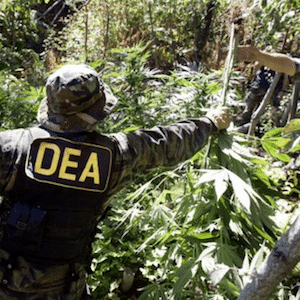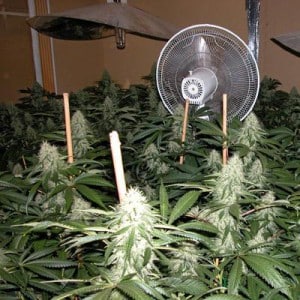 BC Bud is more potent, costs less, and is easier to get than ever before.
BC Bud is more potent, costs less, and is easier to get than ever before.
Billions of dollars have been put towards nipping the drug-trade in the bud, yet the ease of obtaining marijuana and its potency have bloomed, while its price has dropped, according to a prominent group lobbying for cannabis legalization.
A new report by the Stop the Violence BC coalition of health, academic and justice experts will be released today to demonstrate the result of current anti-drug policy.
It uses government-funded data to show that cannabis trends are thriving, despite decades of huge cash injections to law enforcement agencies in both Canada and the U.S.
“If the goal is to reduce the availability of marijuana, it’s clearly been a dramatic failure,” said Dr. Evan Wood, a founding member of the coalition and director at the BC Centre for Excellence in HIV-AIDS.
“By every metric, the government’s own data has shown this policy has clearly not achieved its stated objective.”
The report, called “How not to protect community health and safety,” is being released as the federal Conservatives’ omnibus crime bill — which toughens penalties for growing and possessing pot — heads towards speedy passage into law.
The coalition contends the proposed measures continue to propel policy in the wrong direction, when what the government should be doing is regulating and taxing cannabis under a comprehensive public health framework.
Asked for reaction to the report, a spokeswoman for the federal justice minister was terse.
“Our government has no intention to decriminalize or legalize marijuana,” said Julie Di Mambro in an email.
Arrests and cannabis seizures soared when anti-drug funding jumped, according to available data presented in the report, but none of the other anticipated impacts materialized.
Since 2007, the majority of at least $260 million in funding against drugs from Ottawa has been allocated to policing. Between 1990 to 2009, arrests have increased by 70 per cent.
Meanwhile, the parallel U.S. budget has increased from $1.5 billion in 1981 to $18 billion in 2002.
Arrests jumped there by 160 per cent between 1990 and 2009, while pot seizures more than quadrupled.
But at the same time, prevalence of cannabis use rose.
The Canadian Alcohol and Drug Use Monitoring Survey showed 27 per cent of B.C. youth between 15 and 24 smoked weed at least once in the previous year.
In Ontario, the number of high school students using pot doubled from fewer than 10 per cent in 1991 to more than 20 per cent in 2009.
In the U.S., use climbed about eight per cent among Grade 12 students.
“It’s just so clear that organized crime has absolutely overwhelmed these law enforcement efforts with the price of marijuana going down dramatically … (and) the potency has gone up astronomically,” Wood said.
Among the groups supporting the initiative to legalize marijuana is the 19-member Health Officer’s Council of B.C.
Dr. Paul Hasselback, who chairs the council, said medical experts are not asserting the drug is safe, but that policy as it stands puts the public at even greater risk.
“We need to acknowledge that our current approach to some of our substance-use policies is perhaps not as evidence-based as it should be,” he said.
“We need to be proceeding to a dialogue that keeps the public’s health as one of the prime drivers in the decision-making process.”
Hasselback noted that unlike widely-used substances like alcohol and tobacco, officials can’t proscribe measures for safe use of cannabis — simply because it’s illegal.
The public is wary of the dangers of drinking and driving, he added, but there’s very little knowledge or research around using pot and driving for the same reason.
Scientific literature also dispels the myth that smoking pot leads individuals along the path to harder drug use, he said.
“That just hasn’t played out. There’s a great deal of recreational soft cannabis use and … it’s not the gateway drug that can be a perception of many people.”
A U.K. study published in the Lancet in 2007 that compared a range of substances found cannabis to be less harmful than both alcohol and tobacco, the report notes.
Stop the Violence BC launched its campaign in October with a report that showed criminal organizations are making huge profits and engaging in street-level warfare over the underground drug trade.
– Article from CTV News courtesy of Cannabis Culture.


